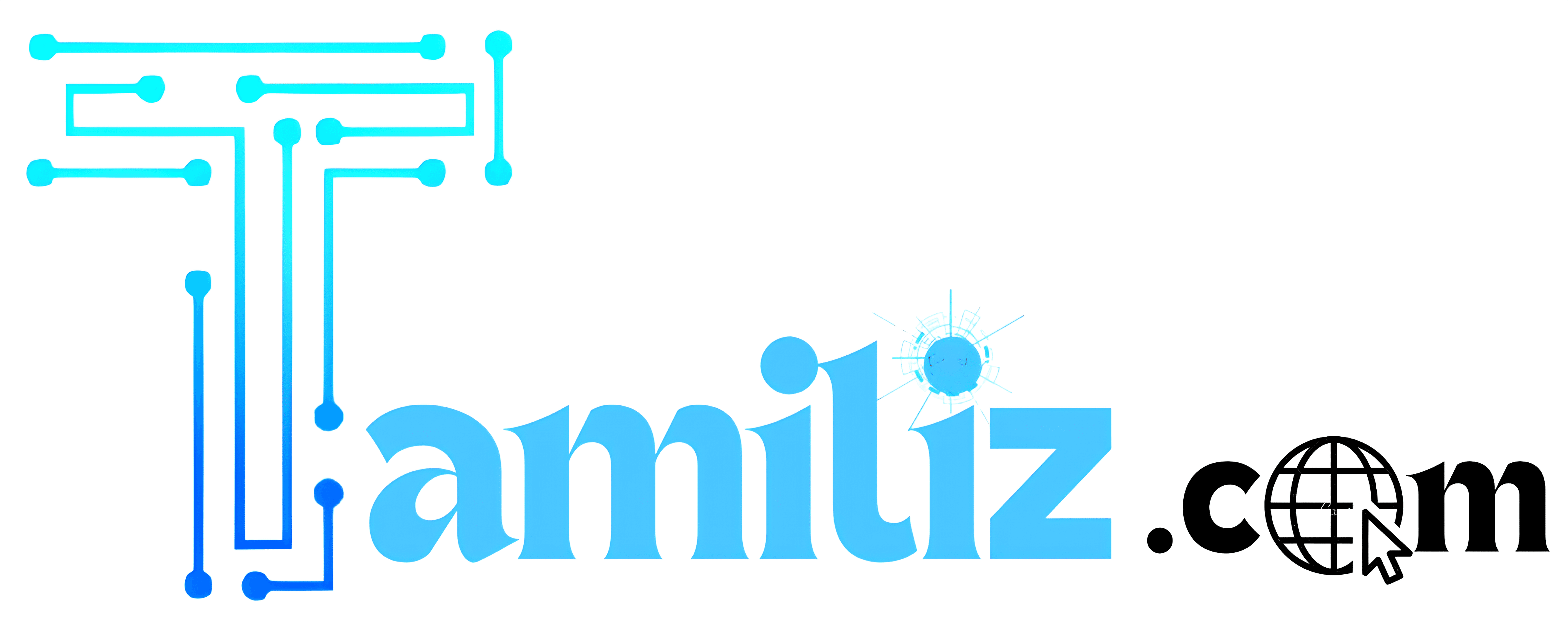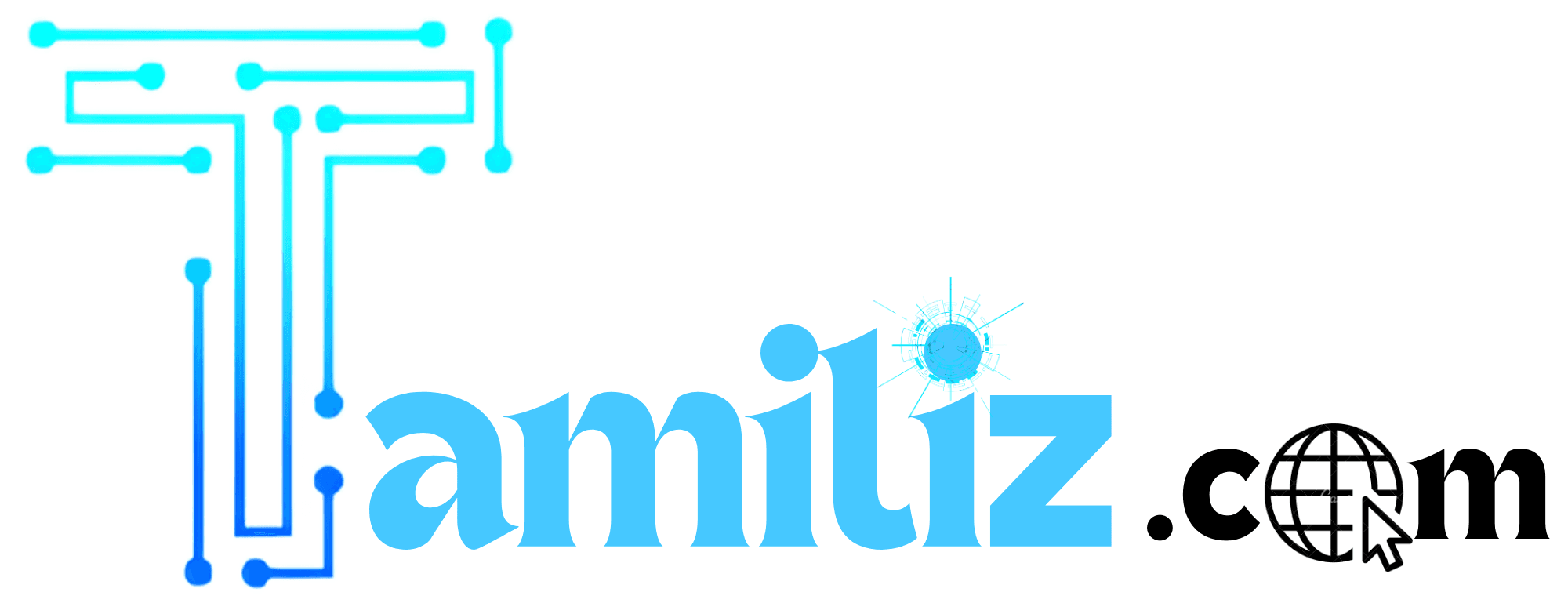Since Anura Kumara Dissanayake became the President of Sri Lanka in September 2024, the country has been navigating a complex political and economic landscape. Dissanayake, the leader of the National People’s Power (NPP) coalition, took office during a time of significant economic turmoil, with Sri Lanka still recovering from a severe debt crisis and inflation. His victory marks a significant shift to the left, as voters expressed frustration with the corruption and economic mismanagement of previous administrations.
One of Dissanayake’s top priorities is managing Sri Lanka’s relationship with the International Monetary Fund (IMF), as the country is bound by a debt restructuring program. While he is open to renegotiating parts of the deal, particularly to alleviate the burden on the working class, his government is committed to staying within the IMF framework. This balancing act between economic reform and honoring international obligations will be critical to maintaining stability.
Domestically, Dissanayake has promised to tackle corruption and pursue systemic change. He gained broad support, particularly from younger voters and those hardest hit by the economic crisis. However, there are concerns about whether he can deliver on these ambitious reforms while managing the country’s pressing financial issues, including high levels of foreign debt and inflation
THE DIPLOMAT
As Sri Lanka continues to rebuild, Dissanayake’s leadership will be tested by both the country’s internal challenges and the need to navigate complex international relationships, particularly with India and China.

